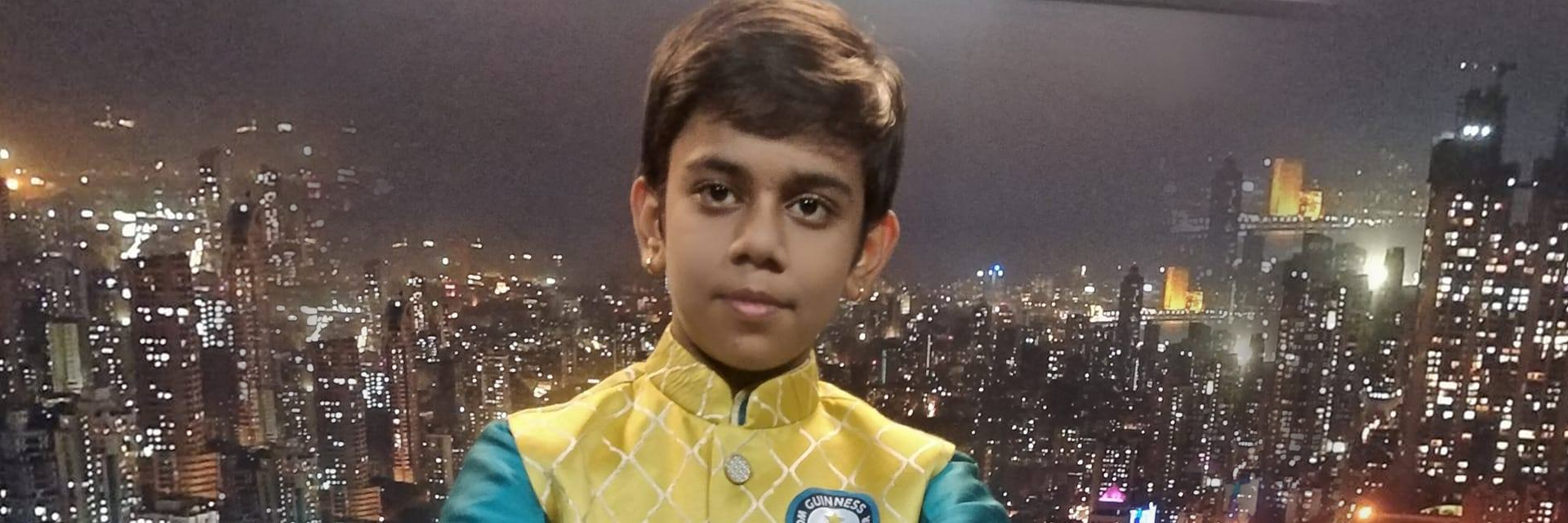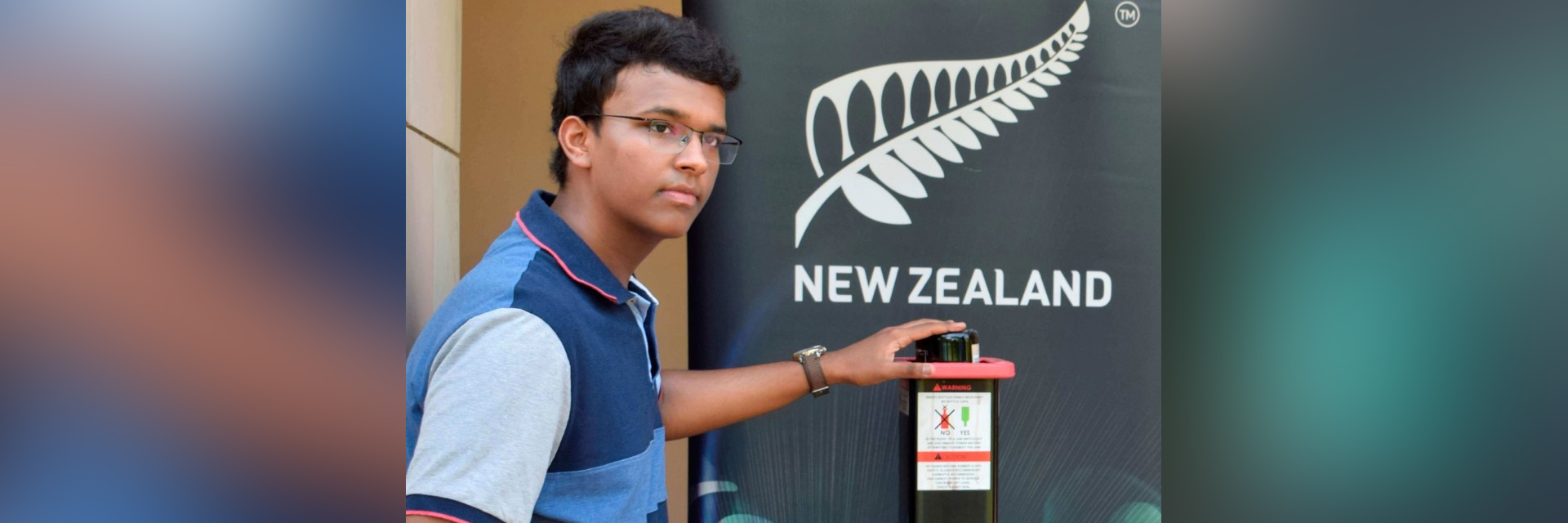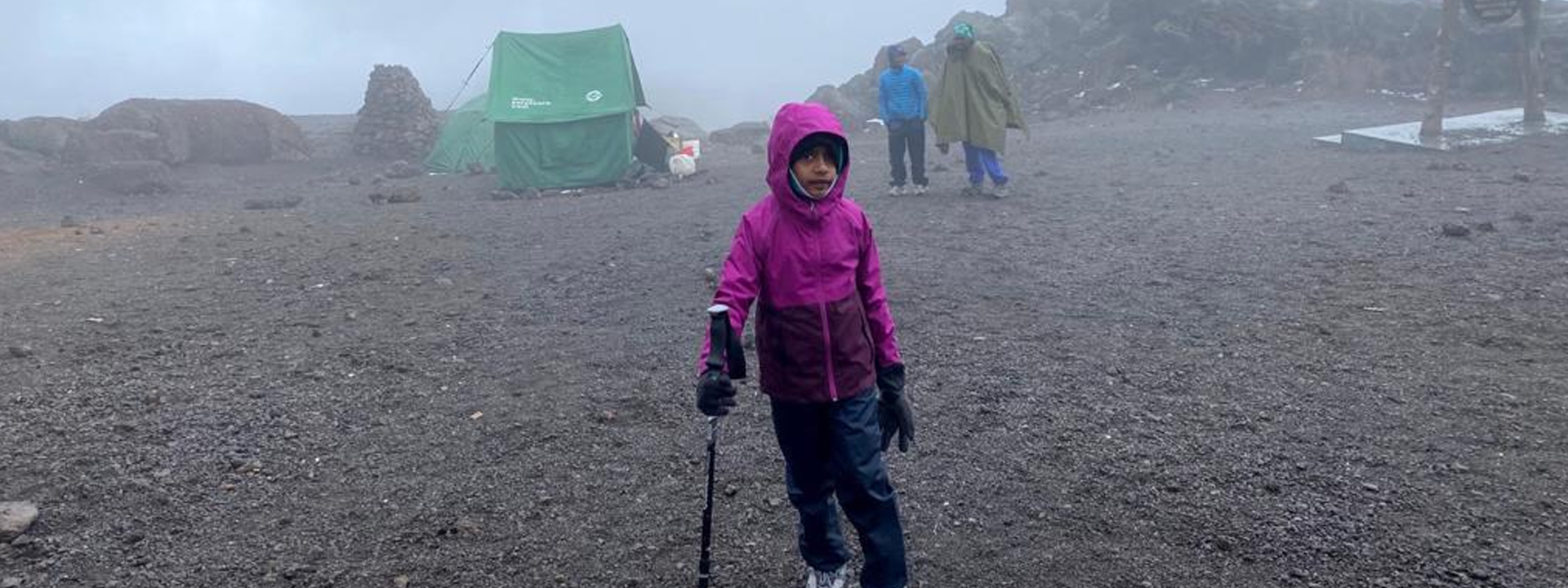(March 5, 2022) A tabla gifted to his father by a friend caught Truptraj Pandya’s eye even before he had learned to walk. The instrument lay unused in a corner of the house. By the time he was 15 months old, he was already playing it, showing, even then, a prodigious talent for music which his parents noticed and encouraged. Today, at the age of 15, the young tabla maestro is well on his way to becoming the face of India’s tabla landscape and has given over 200 public performances. He has been a guest of honour at major events and seminars and created a buzz in the media – local, national and international. In 2019, dressed in maroon attire, he stood proudly before Prime Minister Narendra Modi to receive his Bal Shakti Puraskar.
Truptraj Atul Pandya is a master percussionist He is an established radio and TV artist as well, who has given more than several live performances. Proud that he has been conferred the Bal Shakti Puraskar. pic.twitter.com/iZu8ThvxH0
— Narendra Modi (@narendramodi) January 24, 2019
Fame and accolades have not robbed the young tabla maestro of his humility – he is modest and friendly during his interview with Global Indian. Sound family values have had their part to play – good parenting has kept him grounded and Truptraj describes his father as his mentor and guide. “Who I am today is because of my father. I would not have reached this point without his nurturing and encouragement. All credit goes to him,” says he.
Finding a guru
When Truptraj was about two years old, his father took him to attend Ustad Zakir Hussain’s concert. The maestro took notice of the young prodigy and helped him out, connecting him to his disciple, Dhyaneshwar Popalghat, from the Ustad Allarakha Institute of Music for proper guidance. “My taalim started when I was about three and my association with my Guru still continues, even after 12 years,” Truptraj smiles. He is now undergoing advanced training under Pandit Nayan Ghosh and has also been blessed by legends like Pandit Hari Prasad Chaurasiya and Ustad Iqbal Ahmad Khan.

Little Truptraj with Guinness Book of World Records certificate


Truptraj Pandya
A student and a star
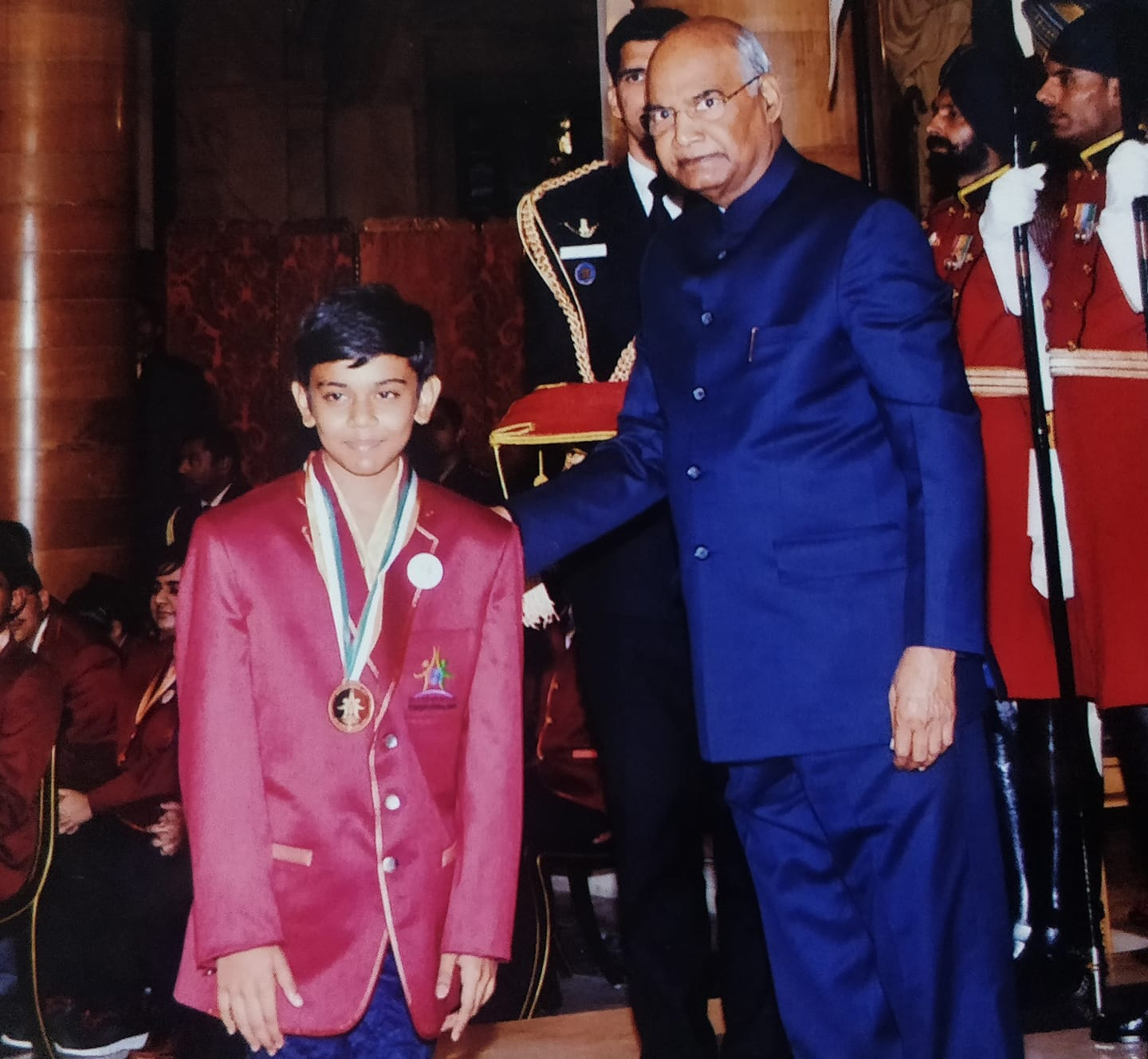

Truptraj with President, Ram Nath Kovind
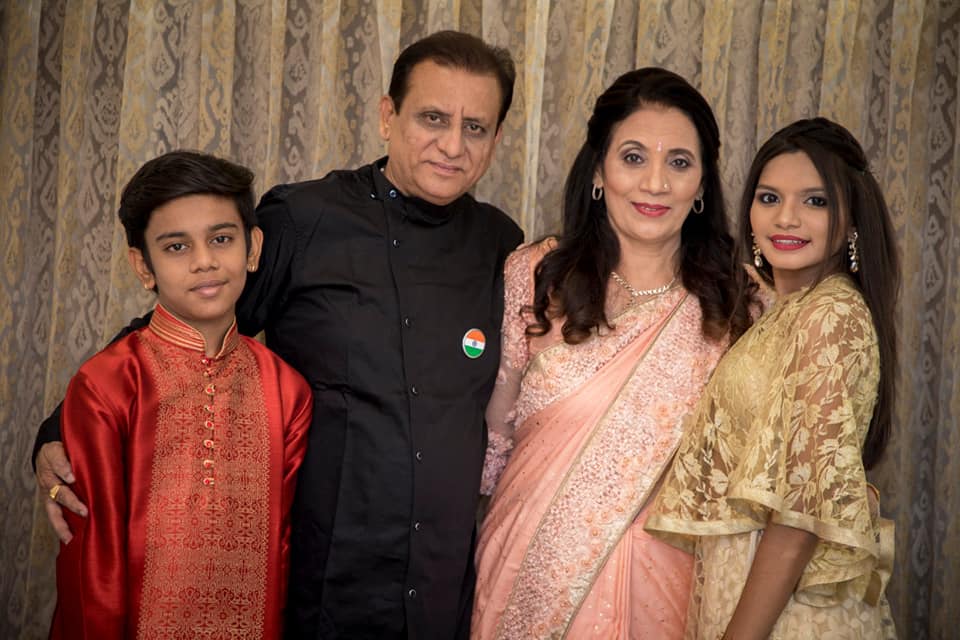

Truptraj’s family
Follow your heart, he tells teens
Being on stage across India, with lakhs of people watching him, gives Truptraj a thrill like no other. “This is just the beginning, I have a long way to go,” he says, modestly. “I love stage performances, though. I feel a little nervous just before I begin but once I begin playing my tabla, my fears vanish. The music takes over me and I’m confident that I won’t let the audience and myself down,” he says.

